Are you planning a concert, conference, or any other event that requires high-quality sound equipment? Renting sound equipment is an excellent option that can save you money and give you access to top-notch audio gear. In this article, we’ll cover everything you need to know about sound equipment rental, from the types of equipment available to the benefits and drawbacks of renting.
Table of Contents
- Introduction
- Types of Sound Equipment Available for Rent
- Microphones
- Speakers
- Mixers
- Amplifiers
- DJ Equipment
- Benefits of Renting Sound Equipment
- Drawbacks of Renting Sound Equipment
- Factors to Consider Before Renting Sound Equipment
- Budget
- Type of Event
- Venue
- Technical Expertise
- How to Rent Sound Equipment
- Tips for Successful Sound Equipment Rental
- Test the Equipment
- Hire a Professional Sound Engineer
- Plan Ahead
- Communicate Clearly with the Rental Company
- Conclusion
- FAQs
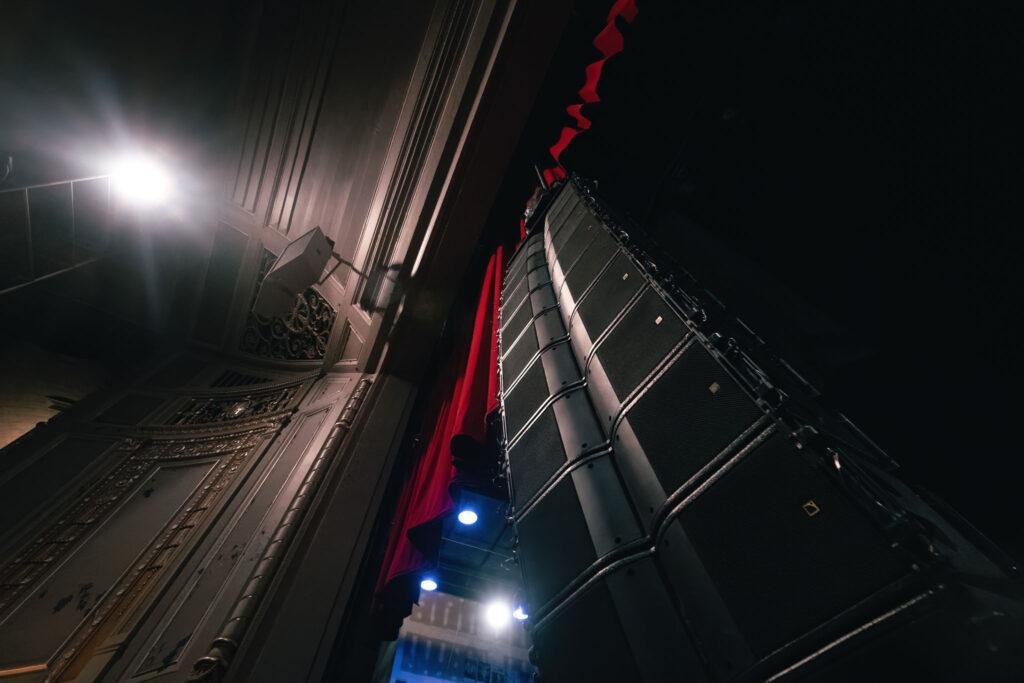
Types of Sound Equipment Available for Rent
When it comes to sound equipment rental, there are a wide variety of options available. Here are some of the most common types of equipment that you can rent:
Microphones
Microphones are essential for capturing sound at events such as concerts, conferences, and weddings. There are several types of microphones available for rent, including handheld microphones, lapel microphones, and wireless microphones. Handheld microphones are best for events where the speaker needs to move around, while lapel microphones are great for hands-free use.
Speakers
Speakers are another essential component of any sound system. There are different types of speakers available for rent, including floor-standing speakers, subwoofers, and portable speakers. The type of speaker you choose will depend on the size of the venue and the number of guests.
Mixers
A mixer is a device that allows you to adjust the volume and other settings for each individual sound source. Mixers are essential for achieving the perfect sound balance and are available in various sizes and configurations.
Amplifiers
An amplifier is a device that boosts the audio signal from the mixer and sends it to the speakers. Amplifiers come in different sizes and power ratings, and you’ll need to choose the right one based on the size of the venue and the number of speakers you’ll be using.
DJ Equipment
If you’re planning a party or other event with a DJ, you’ll need to rent DJ equipment such as turntables, mixers, and speakers. DJ equipment is designed to handle the unique needs of mixing and playing music, and rental companies offer a variety of options to suit your needs.
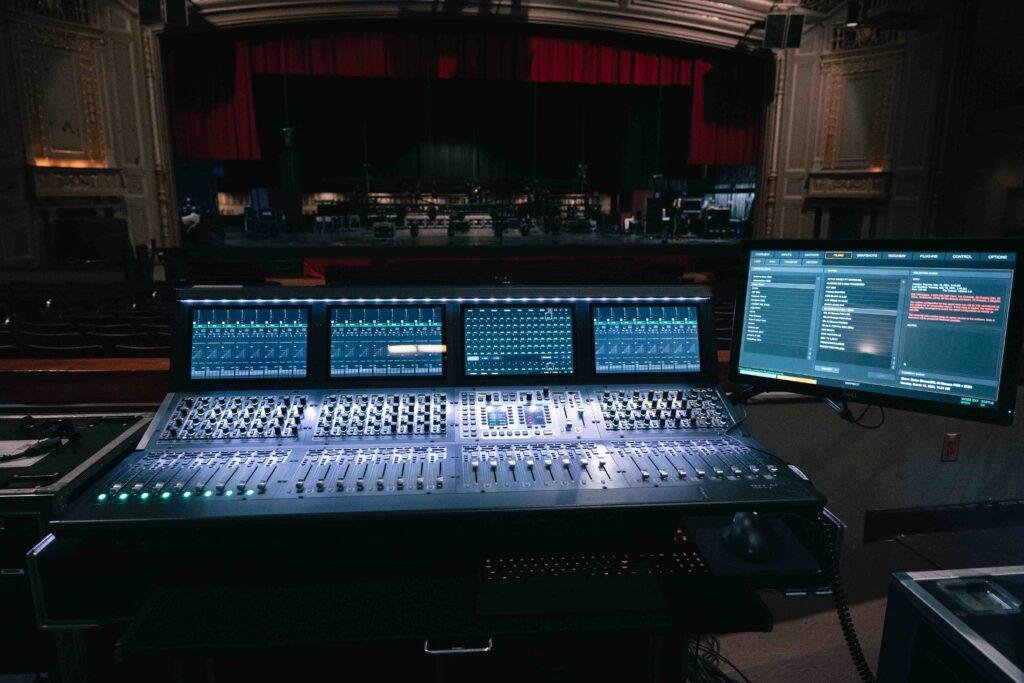
Benefits of Renting Sound Equipment
Renting sound equipment has several advantages, including:
Cost Savings
Renting sound equipment is often more cost-effective than buying it, especially if you only need it for a short time. Rental companies offer flexible rental options that allow you to choose the equipment you need and pay only for the time you need it.
Access to Top-Quality Equipment
Renting sound equipment gives you access to the latest and best audio gear without having to invest in it yourself. Rental companies keep their equipment up-to-date and well-maintained, ensuring that you get high-quality sound for your event.
Professional Advice and Support
Rental companies have experienced technicians who can help you choose the right equipment for your needs and provide technical support during your event. This ensures that your sound system runs smoothly and that you get the best possible sound quality.
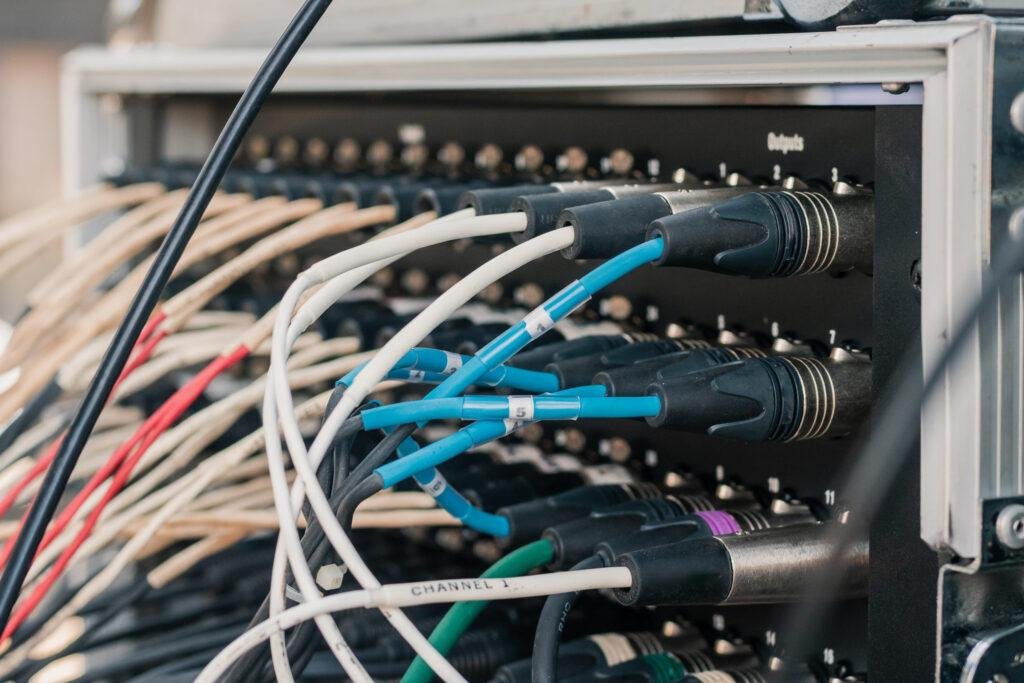
Factors to Consider Before Renting Sound Equipment
Before you rent sound equipment, there are several factors to consider, including:
Budget
The cost of renting sound equipment can vary widely depending on the type and quality of equipment you need. It’s essential to set a budget before you start looking for equipment so that you can choose the best options for your needs.
Type of Event
The type of event you’re hosting will also affect the type of sound equipment you need. For example, a small conference will require different equipment than a large concert.
Venue
The size and layout of your venue will also impact your sound equipment needs. You’ll need to choose equipment that’s appropriate for the size and acoustics of your space.
Technical Expertise
Renting sound equipment requires technical expertise to set up and use. If you don’t have the necessary skills or experience, you may need to hire a professional sound engineer to ensure that everything runs smoothly.
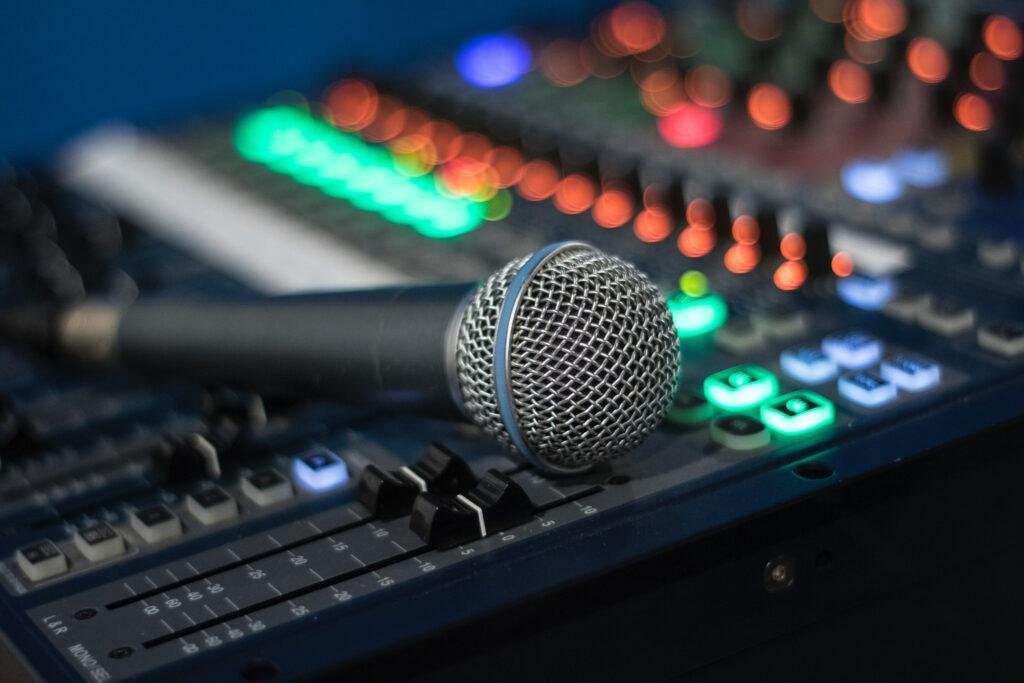
How to Rent Sound Equipment
Renting sound equipment is a straightforward process that involves the following steps:
- Determine your equipment needs based on your event type, venue, and budget.
- Research rental companies in your area and compare their offerings and prices.
- Contact the rental company to reserve the equipment you need and schedule pickup or delivery.
- Arrange for setup and testing of the equipment before your event.
- Use the equipment for your event and return it promptly.
Tips for Successful Sound Equipment Rental
To ensure a successful sound equipment rental experience, follow these tips:
Test the Equipment
Before your event, test the equipment to ensure that everything is working correctly. This will help you identify and address any technical issues before your event begins.
Hire a Professional Sound Engineer
If you’re not familiar with sound equipment setup and use, consider hiring a professional sound engineer to help you. They can ensure that everything runs smoothly and that you get the best possible sound quality.
Plan Ahead
Renting sound equipment involves many steps, so it’s essential to plan ahead to ensure that everything is done in time for your event.
Communicate Clearly with the Rental Company
Be sure to communicate clearly with the rental company about your needs and expectations. This will help ensure that you get the right equipment and that everything runs smoothly.
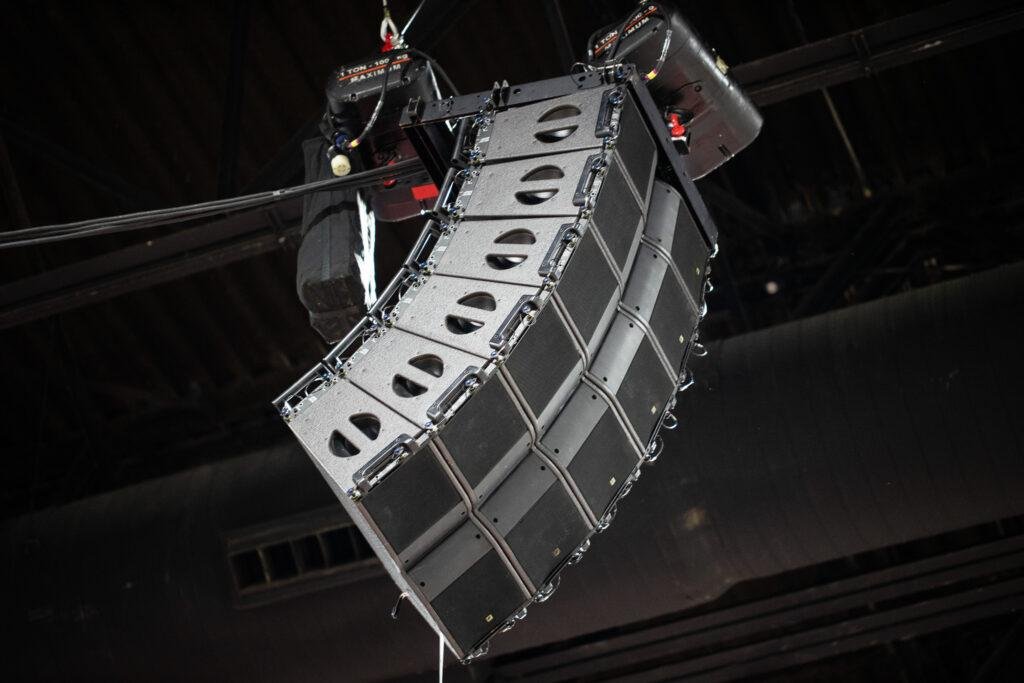
Conclusion
Renting sound equipment is an excellent option for events that require high-quality sound. By considering your needs and budget, choosing the right equipment, and following best practices for setup and use, you can ensure that your event sounds great and runs smoothly.
